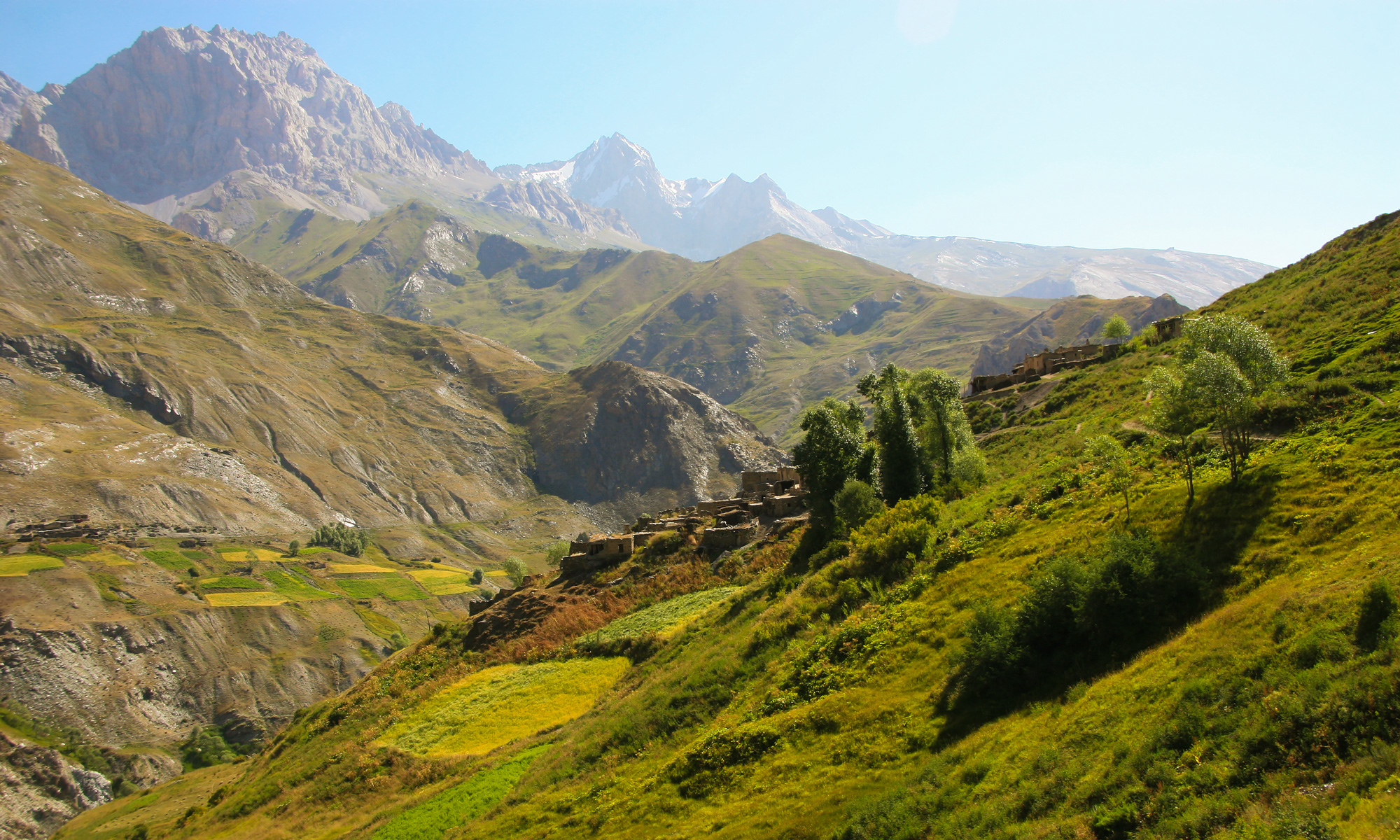On December 11, 2023, a pivotal event in Dushanbe convened scholars, policymakers, and environmental advocates, reflecting a global surge in efforts to highlight the sustainability and preservation of mountainous regions. Organized by the Geographical Society of Tajikistan, this International Mountain Day initiative gathered national experts to evaluate the status of Tajikistan’s crucial mountain ecosystems and to chart a course for enhanced sustainability. The meeting, held at the Tajik State Pedagogical University named after Sadriddin Aini, incorporated roundtable discussions, academic presentations, and a ceremonial session of the Society’s Presidium, culminating in a set of actionable recommendations for future policy, research, and development.
Mountains in Crisis
Tajikistan stands as the world’s second most mountainous country after Nepal, with upwards of 92% of its territory comprised of towering ranges, alpine valleys, and glacial systems. These highlands are not just visually striking but strategically vital:
- Tajikistan’s glaciers are the source of 60% of Central Asia’s freshwater reserves.
- The country hosts over 13,000 glaciers, covering 6% of its territory; however, 1,000 glaciers have already vanished due to climate change.
- Mountain communities are repositories of centuries-old cultural heritage, traditional ecological knowledge, and linguistic diversity, as exemplified by the heritage maintained in the Yaghnob Valley.
Despite their significance, Tajikistan’s mountain ecosystems face mounting threats from urbanization, climate change, emigration, and a deficit of sustainable infrastructure. Speakers at the event strongly emphasized that protecting these fragile environments has transitioned from an environmental nicety to a national imperative.
Highlights from the Roundtable Discussions
Leading academics, civil society representatives, and government officials shared profound insights into the ecological, economic, and cultural aspects of mountain sustainability.
Socio-Economic Importance of Mountain Regions
Professor Muhabbatov Kholnazar Muhabbatovich asserted that mountains are fundamental to Tajikistan’s socio-economic progress, housing vital water, energy, and agricultural resources, and serving as a critical defense against environmental degradation.
Glaciers Under Threat
Professor Kayumov Abdulhamid Kayumovich, head of the Center for the Study of Glaciers, outlined the precarious condition of Tajikistan’s glacial reserves and the national and international initiatives underway for their monitoring and protection. These include:
- The United Nations’ designation of 2025 as the International Year of Glacier Conservation.
- Plans for a global conference on glaciers in Dushanbe.
- The establishment of a UN Trust Fund dedicated to glacier protection.
Mountain Tourism and Ecotourism
Professors Rakhmatsho Dilovarovich and Mamadrizokhonov Akbar Alikhonovich discussed the dual nature of mountain tourism, noting its potential to offer economic opportunities to remote communities, provided it is developed concurrently with robust ecological and cultural safeguards.
Rediscovering Scientific Roots
The roundtable reflected on the decline of mountain research traditions, recalling expeditions from the Soviet era and international camps, and advocated for a resurgence of geographic science, emphasizing the role of local institutions and youth engagement.
Yagnob National Park
Yagnob National Park, established in 2019, was presented as a beacon of hope for community-driven conservation, cultural safeguarding, and eco-friendly development. The Geographical Society of Tajikistan and the Tajik Social-Ecological Union plan to organize a 2024 international expedition and youth camp in Yagnob, potentially paving the way for a second international conference focused on the valley’s future.
Key Recommendations from the Final Resolution
The Geographical Society of Tajikistan adopted a series of ambitious yet achievable proposals following the roundtable:
- Establish a joint governmental task force dedicated to mountain issues.
- Propose new legislation to promote sustainable development in mountainous areas.
- Provide support for local businesses and traditional livelihoods in high-altitude communities.
- Foster international academic partnerships, particularly with research centers in CIS countries and China.
- Prioritize mountain education by developing textbooks, online resources, and updated geographic curricula for educational institutions.
- Launch a geo-ecological education portal to boost public awareness and youth involvement.
- Promote responsible tourism by setting ecological boundaries and preserving sacred and cultural sites.
- Prepare for 2025 by actively participating in Glacier Year events and expanding collaborations with UNESCO and the Mountain Partnership.
A Call to Action
The central message was unequivocal: mountains are not peripheral but foundational to our planet’s health and human well-being. Their protection depends not merely on legislation or declarations, but on active fieldwork, comprehensive education, robust collaboration, and unwavering political commitment.
Renewed by this national dialogue, Tajikistan, and by extension communities like those in Yagnob, can still forge paths to transform their mountainous regions into exemplars of resilience, ecological balance, and sustainable progress.
